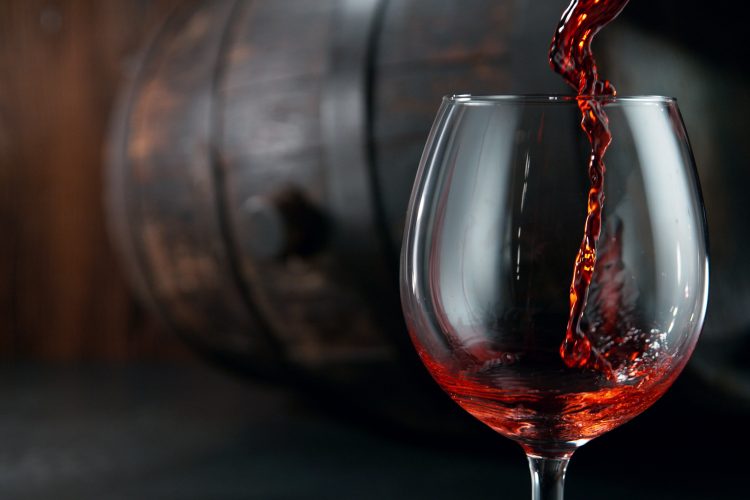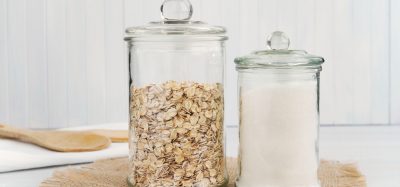Why three glasses of red wine a week could lower your blood pressure
- Like
- Digg
- Del
- Tumblr
- VKontakte
- Buffer
- Love This
- Odnoklassniki
- Meneame
- Blogger
- Amazon
- Yahoo Mail
- Gmail
- AOL
- Newsvine
- HackerNews
- Evernote
- MySpace
- Mail.ru
- Viadeo
- Line
- Comments
- Yummly
- SMS
- Viber
- Telegram
- Subscribe
- Skype
- Facebook Messenger
- Kakao
- LiveJournal
- Yammer
- Edgar
- Fintel
- Mix
- Instapaper
- Copy Link
Posted: 6 September 2021 | New Food Magazine | No comments yet
New research from Queen’s University Belfast suggests drinking a few glasses of red wine a week could be the key to reduced blood pressure.


Consuming more red wine, berries, apples, pears and tea on a regular basis could reduce your blood pressure, because of a key link with the human gut microbiome.
A higher intake of flavonoid-rich foods is associated with a clinically relevant reduction in blood pressure levels, partially explained by characteristics of the gut microbiome, according to new research led by Professor Aedin Cassidy from the Institute for Global Food Security (IGFS) at Queen’s University Belfast.
Prof Cassidy, chair of nutrition and preventive medicine at IGFS, was lead investigator in the study of over 900 adults which has been published in Hypertension, an American Heart Association journal.
What we eat plays a critical role in shaping our gut microbiome but little is known about the relative importance of plant foods and specific constituents called flavonoids.
There is mounting evidence from population-based studies and clinical trials that a higher intake of flavonoids and flavonoid-rich foods can improve heart health, but the research team claims this data highlights the key role of the gut microbiome in explaining the associations between flavonoid-rich foods and blood pressure (BP). Up to 15 percent of the observed association was explained by the gut microbiome suggesting these microbes play a key role in metabolising flavonoids to enhance their cardioprotective effects.
The study of more than 900 German adults found that higher habitual intakes of flavonoid-rich foods, specifically berries, red wine, apples/pears were associated with clinically relevant reductions in systolic blood pressure and pulse pressure, greater microbial diversity and lower abundance of Parabacteroides.
These blood-pressure-lowering effects are achievable with simple changes to the daily diet. Eating around 1.5 servings berries/day was associated with a 4.1 mmHg reduction in systolic BP, and 12 percent of the association was explained by gut microbiome factors. Meanwhile, drinking around three glasses/week of red wine was associated with 3.7 mmHg lower systolic BP levels, of which 15 percent could be explained by the gut microbiome.
“Our gut microbiome plays a key role in metabolising flavonoids to enhance their cardioprotective effects, and this study provides evidence to suggest these blood pressure-lowering effects are achievable with simple changes to the daily diet,” said Professor Cassidy.
“Our findings indicate future trials should look at participants according to metabolic profile in order to more accurately study the roles of metabolism and the gut microbiome in regulating the effects of flavonoids on blood pressure. A better understanding of the highly individual variability of flavonoid metabolism could very well explain why some people have greater cardiovascular protection benefits from flavonoid-rich foods than others.”
Related topics
Beverages, Health & Nutrition, Research & development, The consumer
Related organisations
American Heart Association, Institute for Global Food Security (IGFS)









